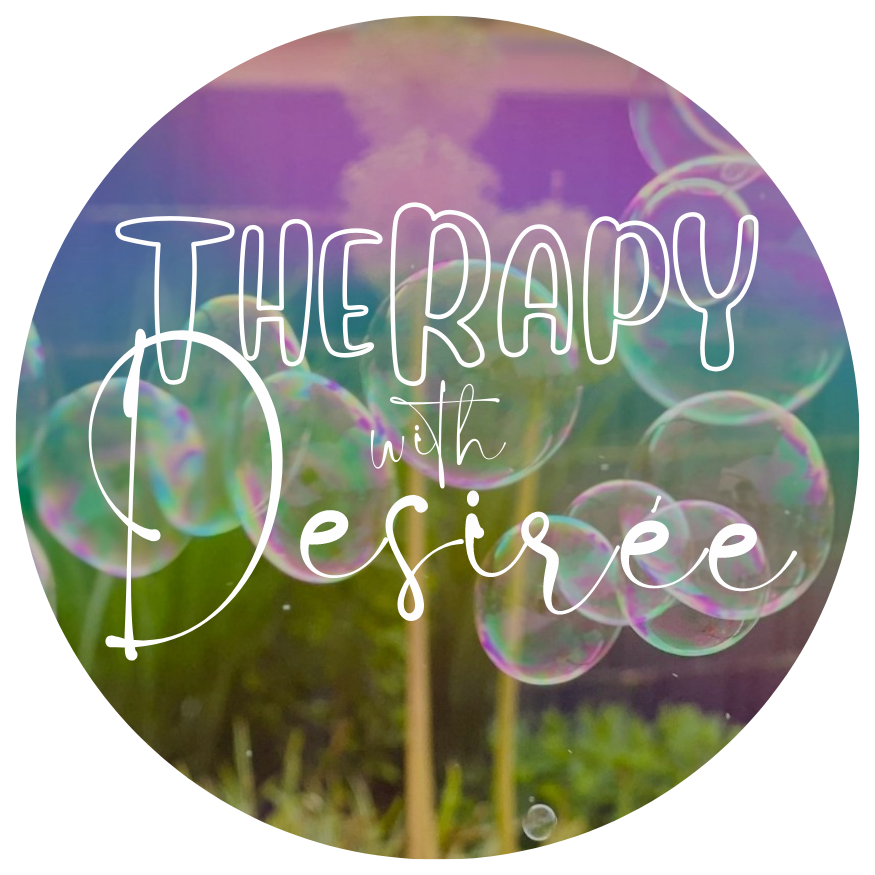Therapy for People Mad at Disney
tfw you realize everything you were ever told was a lie:
Okay, maybe not everything but the ideas around romance, career goals, beauty standards and “happily ever after” may have you wondering, “is this it?”
Disney has been in the news a lot this year
A particular Florida Man who I’d rather not mention by name is REALLY pissed at the company and causing the rest of us to be inundated with updates on how the corporation has been fighting back.
5 Things a NYC therapist feels are valid to be mad at Disney about:
Unrealistic romanticized expectations about partnership and being “rescued”
Unrealistic hair and body goals
Inaccurate, whitewashed depictions of historical events and people of color
Long lines for your favorite ride
The abysmal wages they pay their workers
5 Things a therapist feels are more about your internalized racism, homophobia, transphobia, religious extremism and/or trauma:
Protection and advocacy for LGBTQIA+ children and adults
Honoring and respecting people of color and historical fact
Acknowledging the -isms of the mouse’s original creator
The company’s provision of birth control and bodily autonomy for it’s employees
Confronting and correcting exploitive employment practices like:
In Defense of Magical Thinking
Magical Thinking is one of many cognitive distortions our brains fall victim to when we’re not thinking much about what we’re thinking. Metacognition helps us filter out unrealistic fears, catastrophizing, intrusive thoughts, biased beliefs and negative thought spirals.
Magical thinking is one of the defenses we learn early in life, not just because of Disney, but because children of all cultures are taught about magical figures like Santa, the Tooth Fairy and wishing on birthday candles, etc. Parents often want their child to experience the magic of childhood, vivid imaginations and belief in the impossible.
Magical Thinking along with Humor are some of my favorite defense mechanisms when used sparingly. It becomes problematic when we use it to cope with trauma, avoid reality, gaslight ourselves and others or deny real consequences.
Hope is a healthier version of Magical Thinking in that the attachment to the desired outcome is not assumed. we’re not avoiding reality or the likeliness of other outcomes, protecting us from devastation when a sure thing ends up in disappointment that we fail to understand.
Some examples of Magical Thinking include, knocking on wood, crossing your fingers, wearing a “lucky” item of clothing or believing something awful will happen if you don’t do a particular thing, maybe even in a particular order.
Magical Madness in Therapy
Magical Thinking is common and problematic especially for people experiencing OCD or Obsessive-Compulsive Disorder. No it’s not all hand washing and avoiding stepping on cracks. Intrusive thoughts often occur, making a person believe something they cannot prove, don’t have evidence for but feels true, deeply. Such thoughts can lead to compulsions or actions that cause the experiencer of intrusive thoughts cannot prevent or feel highly uncomfortable or unsafe if they don’t perform, check or ruminate about.
Find a Healthy Balance with a Licensed Clinician from Brooklyn, NY
Positive Psychology was founded on focusing on strengths without going all the way into Toxic Positivity. Viewing life, your current circumstances and others from a strengths-based perspective is the first step in exiting the roller-coaster that is polarized thinking — extreme positive to extreme negative feelings and thoughts common in individuals who experienced trauma, especially early-on in their lives. It’s hard to maintain positivity or even neutrality when living in survival mode and/or plagued with intrusive thoughts and compulsions.
Many adults who experienced abuse, neglect, poverty, strict communities often cling to ideas of goodness, correctness, sinfulness and evil due to the mental overload of feeling unsafe for long periods of time.
Mental biases are often born out of scarcity thinking. There isn’t enough to go around so let’s determine who “we” are, and who the undeserving “outsiders” are. This happens among families, cliques, cultures and even politicians.
In Florida Man’s opinion, we see how strongly his brain and/or his imagined electors believe immigrants, queer people, non-Christian and “Woke” people are dangerous, to be feared, and to be sent to New York. To the last I say welcome, please disregard Eric Adams as the rest of us have been, and book your free consult call now!
